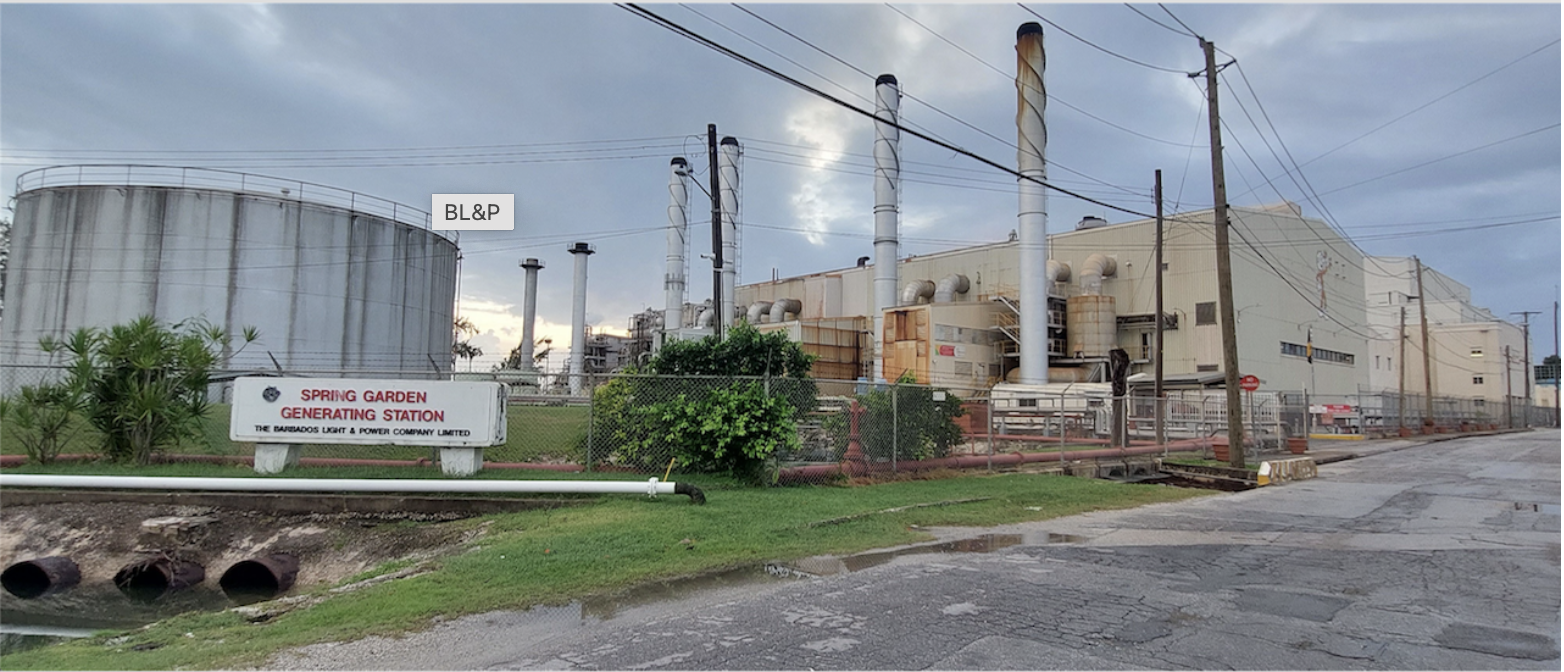Barbados Light & Power Seeks Approval for Additional BESS Capacity and SCOs for Grid Stability

August 17, 2024
Barbados Light & Power Company progresses in acquiring battery energy storage systems for grid stability and renewable energy integration. Concerns raised over capacity limitations and need for additional infrastructure.
The Barbados Light & Power Company has announced progress in acquiring battery energy storage systems (BESS) crucial for grid stability and accommodating more renewable energy customers. But, the company warned that further action is needed to meet the island’s growing energy needs.8
In a statement released on Friday, Light & Power revealed that technical evaluations show the currently approved 15 megawatts (MW) of BESS capacity will only support grid stability up to a maximum of 99.9 MW of total installed distributed photovoltaic (DPV) systems. With DPV systems on the grid approaching 100 MW as of August 1, the company says no more can be connected until additional BESS capacity is installed.
Light & Power had initially applied to the Fair Trading Commission (FTC) in October last year for approval of 90 MW of BESS capacity as part of its Clean Energy Transition Plan (CETP). The FTC approved only one-sixth of this request, prompting concerns from the company about its ability to expand grid capacity to meet Barbados’ renewable energy needs.
The power company has now written to the FTC requesting reconsideration of the approved BESS capacity. Light & Power also highlighted the urgent need for synchronous condensers (SCOs) to provide additional grid stability, which were part of the original CETP application but not approved by the regulator.
“SCOs help to adjust voltage on the electric power transmission grid, as well as provide fault current to aid protection relay functionality,” the company explained, noting their importance as more solar PV systems are added to the grid. “[SCOs] are now required since we are adding higher amounts of inverter-based solar PV systems that do not provide the same level of stability as traditional fossil fuel generators.”
Light & Power also reported that updated pricing proposals from suppliers showed an average cost increase of about 30 per cent for 15 MW of battery storage compared to 90 MW, due to the loss of economies of scale, “among other factors”.
The electricity company has written to the FTC since the issuance of its decision requesting that the quantum of storage capacity it approved be reconsidered, and highlighting the urgency of the requirement for SCOs for additional grid stability. (BT/PR)


